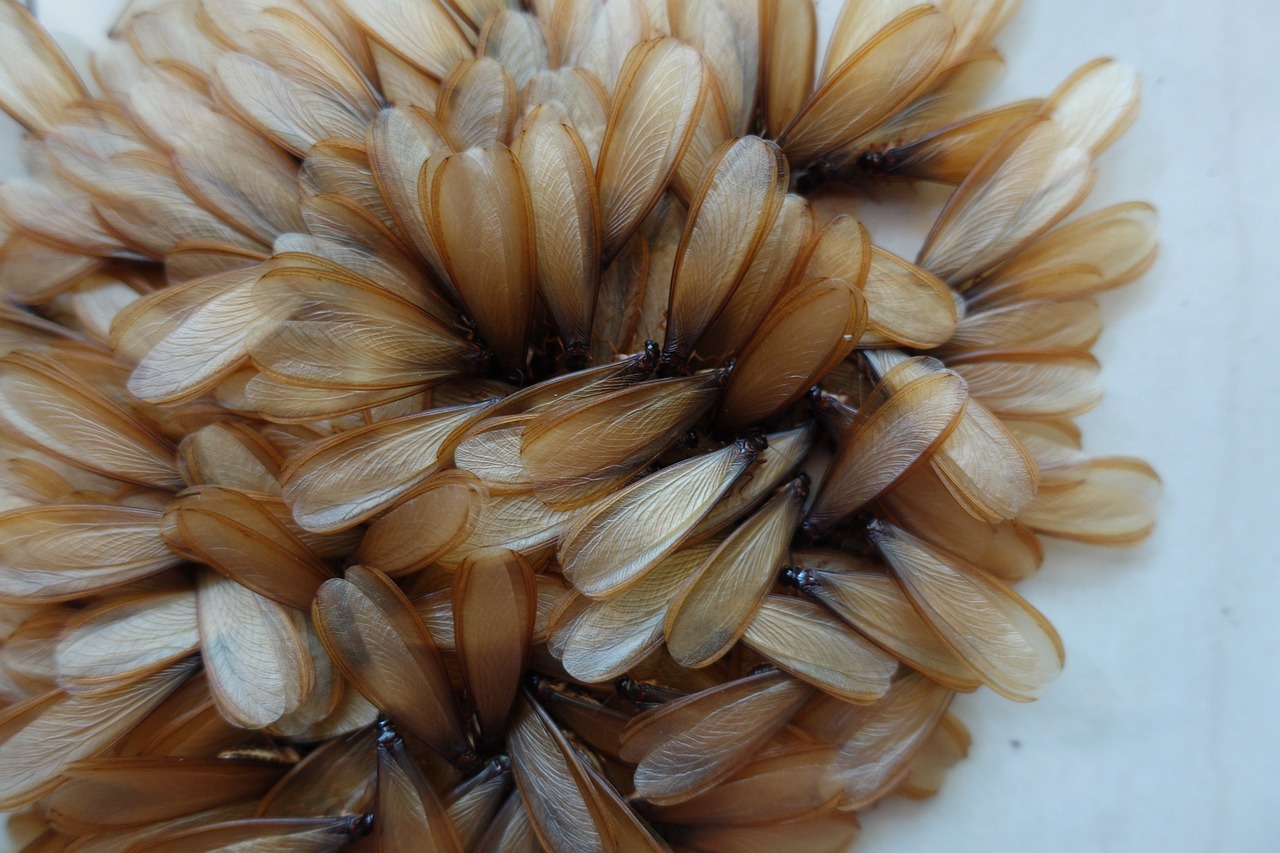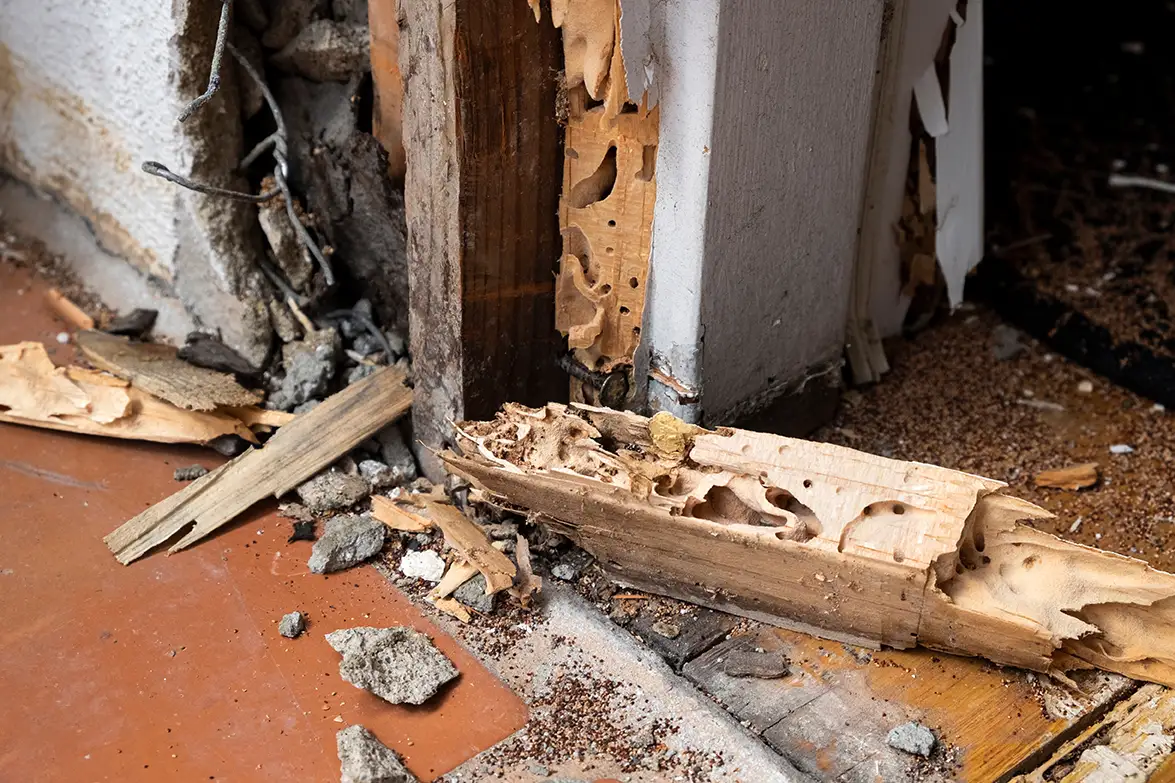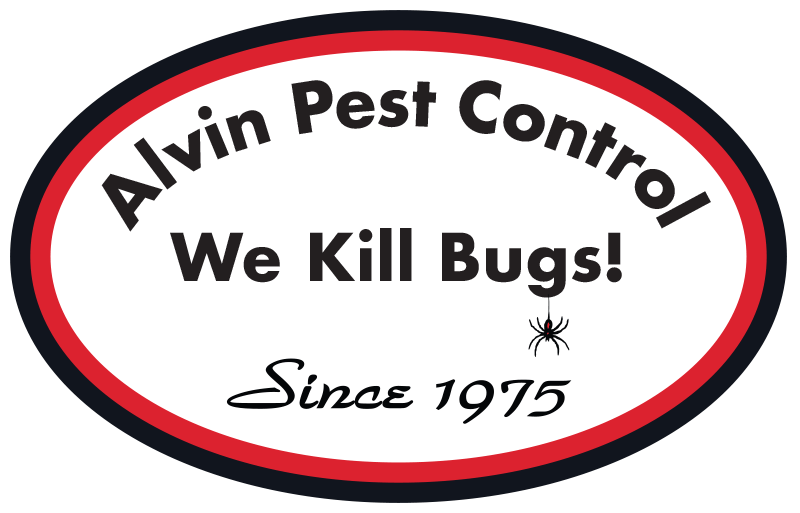Are Termites a Problem in Texas? What Homeowners Need to Know

Yes — termites are a major problem in Texas. These destructive pests are active across the state year-round, quietly chewing through walls, crawlspaces, and foundations, often before the homeowner even knows they’re there.
At Alvin Pest Control, we’ve inspected thousands of Texas homes, and here’s what we know for sure: Termites are one of the most destructive threats to Texas properties, and they don’t take the season off. So how do you know if your home’s at risk, or worse, already infested? Let’s break down what every Texas homeowner needs to watch for and how to protect their property before the damage is done.
Are Termites Common in Texas?
Yes, termites are very common in Texas. The USDA classifies Texas as a Zone 1 termite risk area, the highest level in the country. Our warm, humid climate allows subterranean termites to stay active nearly year-round. According to Texas A&M AgriLife Extension, “Termites cause more damage to homes in Texas each year than fires, floods, and storms combined.”
Why Termite Problems Are Worse in Texas:
- High soil moisture and humidity support large colonies.
- Frequent home additions and pier-and-beam foundations create hidden entry points.
- Minimal freezes let colonies expand without pause.
How to Identify a Termite Infestation

Termites are called "silent destroyers" for a reason. Most infestations go unnoticed until the damage is severe. Here are the most common signs that termites may be active in or around your home:
- Mud tubes on foundation walls or crawlspace supports.
- Discarded wings near windowsills or door frames.
- Hollow-sounding wood when tapped.
- Bubbling or peeling paint that looks like water damage.
- Pin-sized holes in drywall.
- Frass (termite droppings) resembling sawdust, especially with drywood termite activity.
If you notice things like hollow-sounding wood, discarded wings near windows, or mud tubes along your foundation, don’t wait, these are classic indicators of termite activity. Left untreated, infestations can lead to serious and costly structural damage.
Learn how to spot early warning signs in our full guide on the signs of a termite infestation.
What is the Most Common Termite in Texas?
Subterranean termites are the primary termite threat in Texas, causing significant hidden damage. The two main types of termites in Texas are the native Eastern subterranean termite and the faster, more aggressive Formosan termite, known as the “super termite” for its rapid destruction.
Eastern Subterranean Termites
- Habitat: Underground colonies that build mud tubes to access above-ground wood.
- Damage: Slow but steady; can go undetected for years.
- Behavior: Swarm during spring, especially after rain.
Formosan Subterranean Termites
- Habitat: Underground but also capable of forming aerial colonies inside walls or attics.
- Damage: Far more aggressive and fast-acting than Eastern termites.
- Behavior: Massive swarms at night; known to chew through wood, drywall, and even soft metals.
What Kind of Damage Do Termites Cause?

The damage termites do can range from minor cosmetic issues to severe structural failures. In Texas, the most common types of termite damage include:
- Weakened floor joists and support beams.
- Warped or sagging wood in walls and ceilings.
- Compromised window and door frames, making them hard to open.
- Damage to insulation, drywall, and baseboards.
If left untreated, termite damage can compromise your home’s safety and lead to incredibly expensive repairs.
How to Protect Your Texas Home from Termites
- Get an Annual Inspection: Schedule a yearly inspection with a licensed termite expert like Alvin Pest Control, especially before and after Texas’s swarming season (typically spring through early summer).
- Reduce Soil-to-Wood Contact: Keep mulch, firewood, and wooden structures at least 6–12 inches above ground and away from your foundation.
- Control Moisture: Fix leaky faucets, clogged gutters, and poor drainage around the home, moisture is a termite magnet.
- Install a Termite Barrier or Bait System: Preventive soil treatments and bait systems create a long-term defense against subterranean termites. Ask about a termite bond, a service agreement that includes treatment and repair coverage.
- Seal Entry Points: Caulk cracks, screen vents, and reinforce expansion joints to limit hidden access.
Why Trust Alvin Pest Control?
We’re not a national chain, we’re Texans protecting Texas homes. With deep experience in local termite behavior, regional building materials, and Gulf Coast soil conditions, we deliver targeted treatment plans, not one-size-fits-all solutions. Our fully licensed team uses trusted products like the Sentricon® to eliminate termite colonies at the source and keep them from coming back.
Don’t wait until termite damage becomes visible, or costly. Whether you’ve noticed early warning signs or simply want to stay ahead of the risk, schedule your free termite inspection with Alvin Pest Control. Our team delivers proven, long-term protection rooted in local expertise and backed by the most trusted solutions in the industry.
